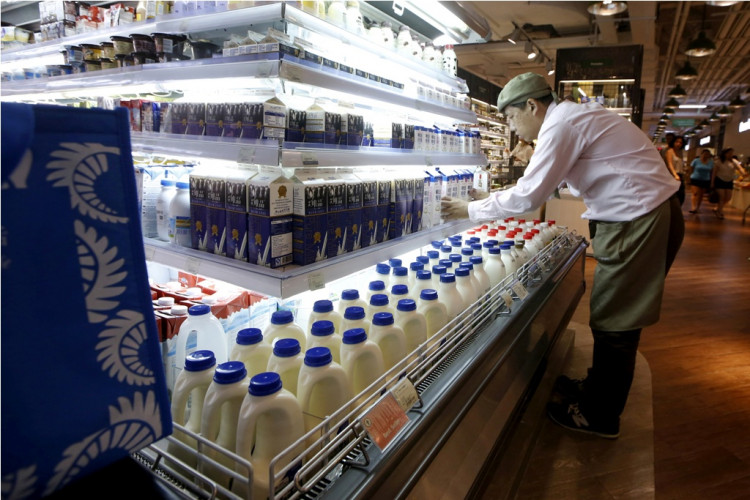Global investment bank UBS said in a survey released on Sunday that China's household consumption remains stable as many citizens posted salary increases. Higher salaries helped consumption to stay resilient amid global tensions and a slowing economy.
According to China Daily, the UBS survey revealed that an estimated 78 percent of the 3,000 respondents confirmed they received salary increases. The previous survey resulted in 75 percent of survey takers confirming higher salaries.
Furthermore, 70 percent of the respondents said their financial situations improved and more than half of the respondents said they felt confident about their financial status.
The UBS survey also revealed that for the past year, 33 percent of those surveyed increased their consumption. The numbers are significantly higher than the previous survey's 21 percent.
While the bank noted that consumption will grow at a slower pace, citizens' optimism and high hopes for future incomes to improve and financial situations to stabilize will help drive consumption in the country.
The most notable part of the UBS report is the indication that most Chinese consumers are more inclined to increase spending on products and services are more pressing to finances or could take a toll on one's financial capabilities.
The products and services Chinese consumers are willing to spend their money on include healthcare, sports, and wellness, educational services or investments, as well as travel and other "quality of life" goods.
Economists initially expected that China's consumption would slow down significantly after the country posted its slowest GDP yet for the last 27 years. However, spending remains a key driver in the Chinese economy as salaries increase to help ease financial burdens.
Last week, the Chinese Ministry of Commerce said in an online statement that it is expecting the consumption market to retain stability over the second half of 2019.
According to Hellenic Shipping News, the ministry said the country's economy will be driven largely by stronger retail sales as supported by the consumer goods sector. Already in H1, the country saw a hike of 8.4 percent in consumer products sales.
A couple of other daily commodities also saw increased interest from Chinese consumers. These products include edible oil, traditional medicinal products, grains, and several beverages.
To help support the uptrend, Beijing is expected to step up its game in revamping old urban residential settings in regions affected. Reforms will also be implemented to encourage domestic consumption.
New tech products such as 3D printing are also gaining traction in the consumption market. Finance services powered by tech innovations are also expected to drive growth for the second half of this year.





